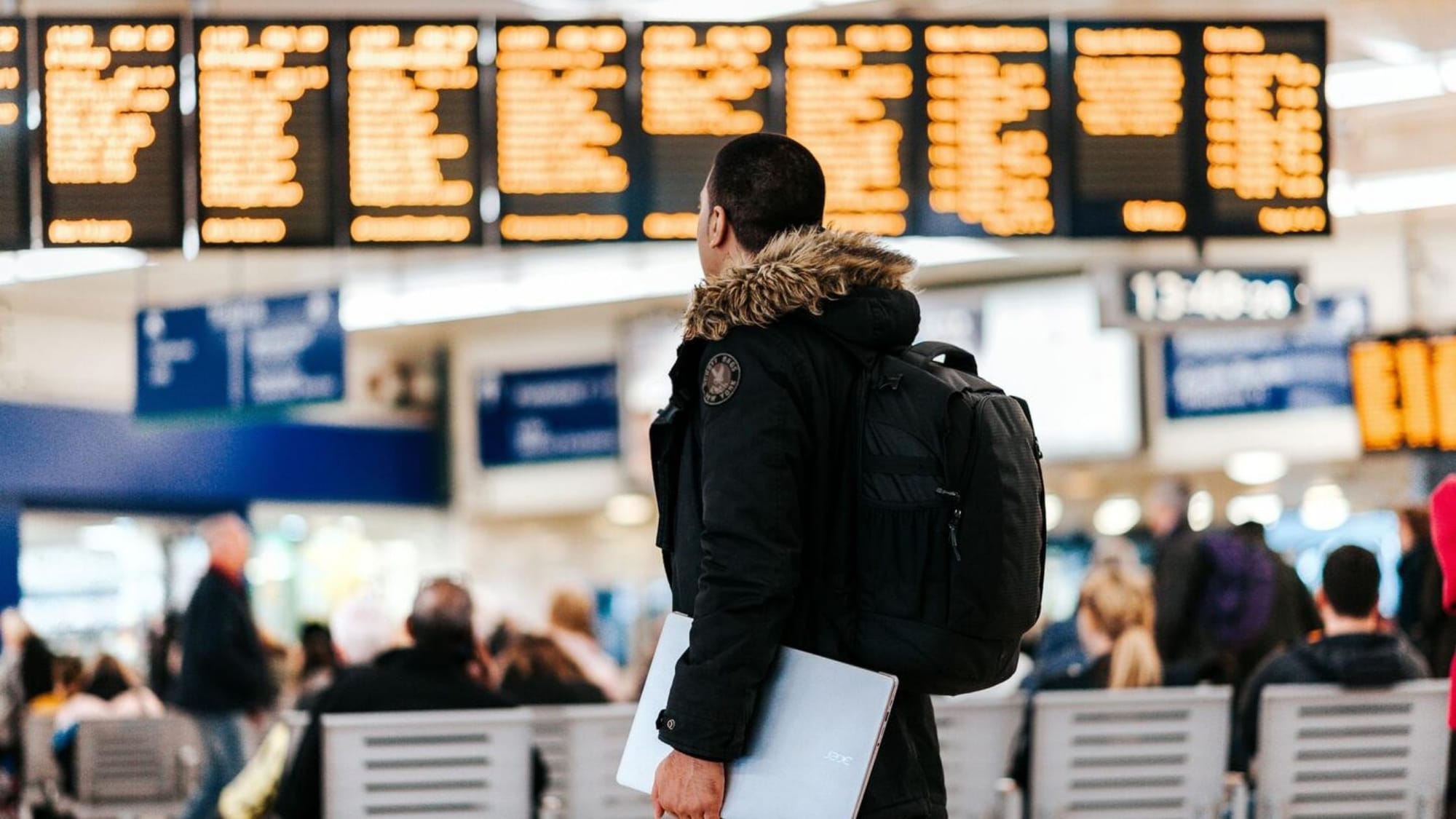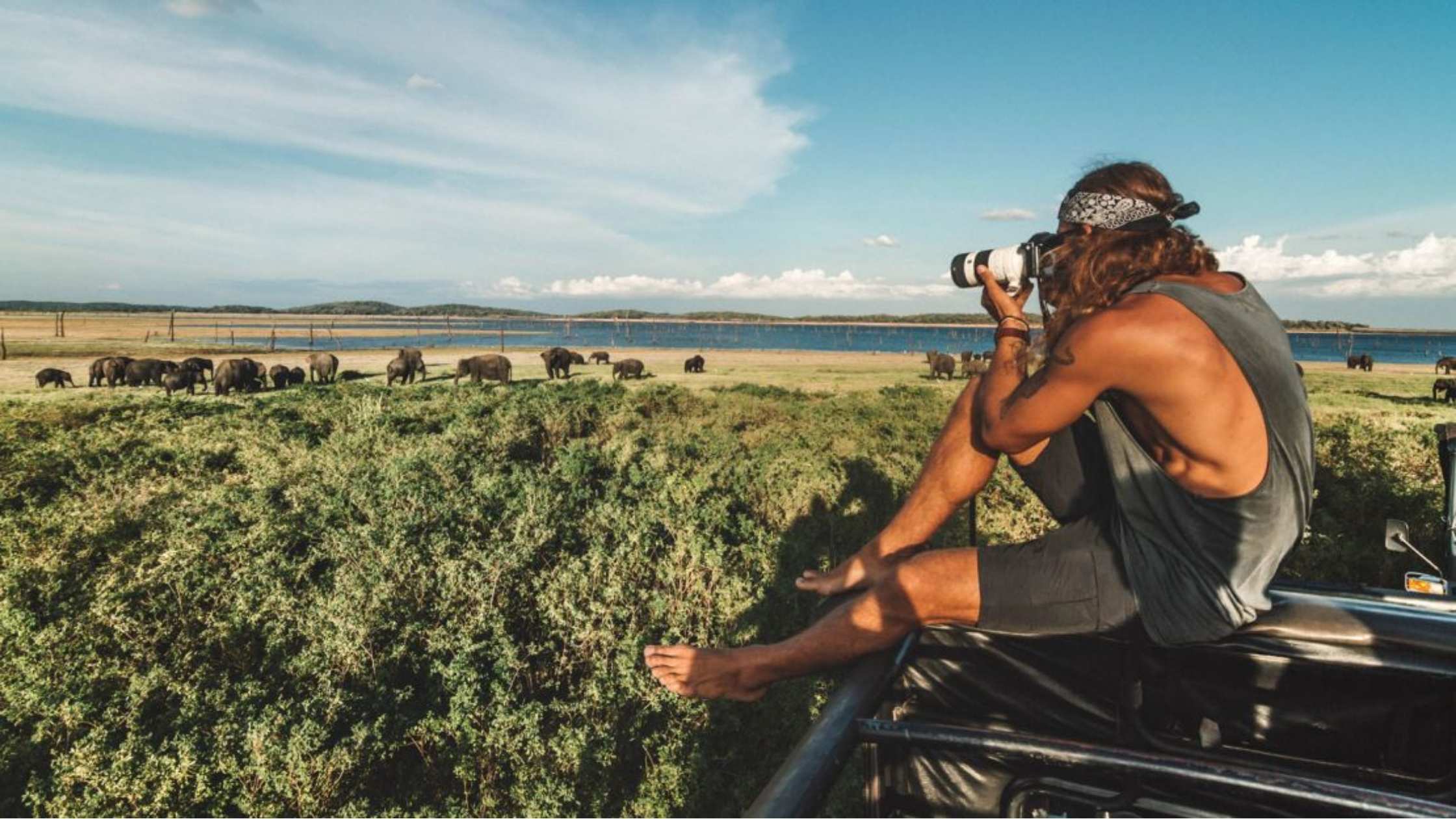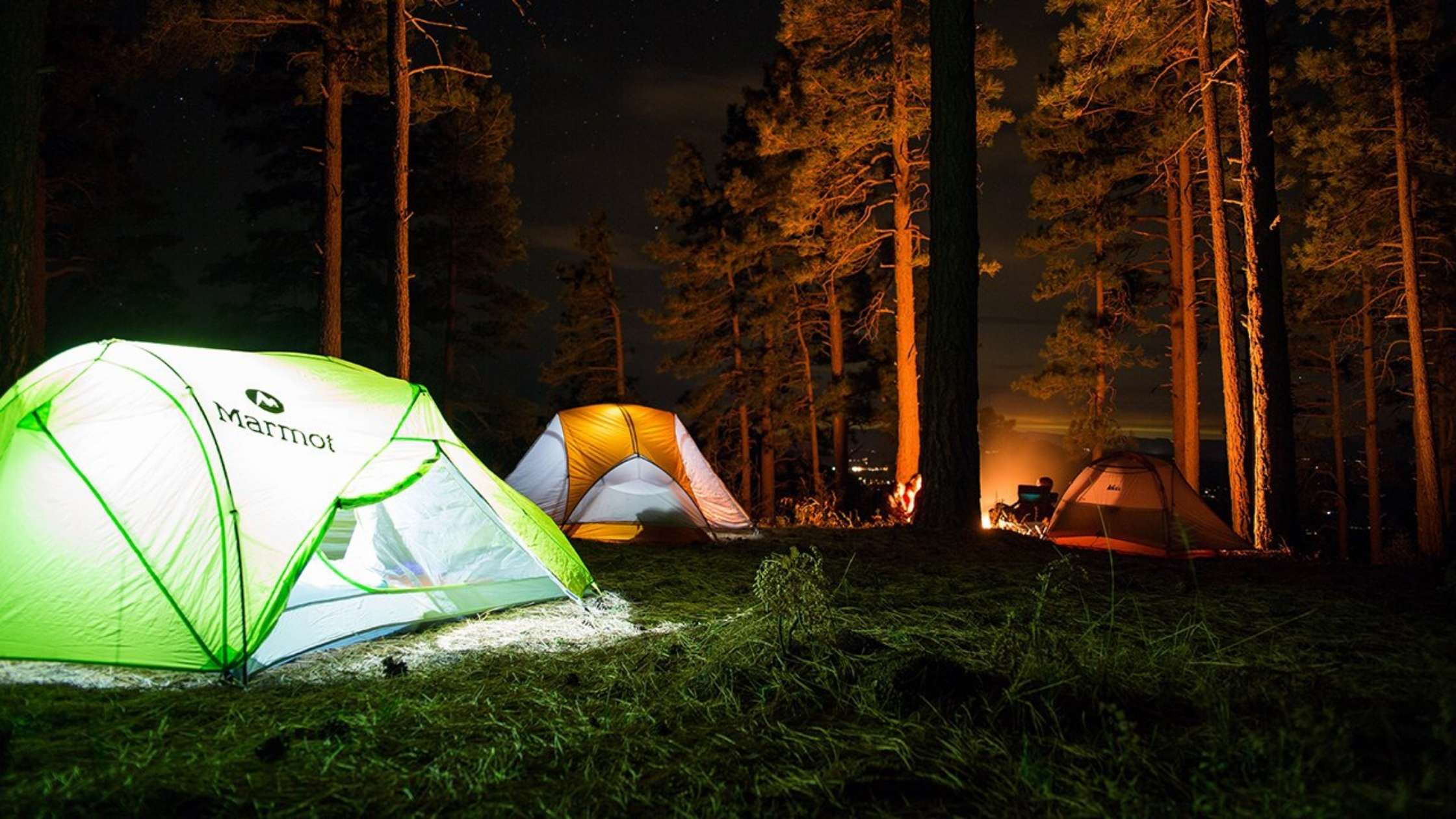The Tourist Trap Reality Your Travel Agent Isn't Telling You
Consider this.
You're at the Rome airport. Weary. Antsy. Ready for a once-in-a-lifetime adventure.
And someone's going to make off with your blind.
Not with a knife or pistol. With a smile and a "great deal" you can't pass up.
It occurs to millions of travelers every single year. Clever ones. Cautious ones. Just ordinary folks like you.
The truth is simple: All vacation destinations on earth have predators waiting in the wings for newcomers. Bangkok's mad streets. Paris's beautiful bridges. Rome's ancient boulevards.
They all have the same ravenous eye.
But this is what guidebooks won't tell you. These scams have lines down pat. Once you know them, they're hilariously obvious.
Let me show you exactly how they work.
The Airport Ambush
Your flight arrives. You're tired. Perplexed. Holding your bag for dear life.
Someone produces airport credentials. Or whatever they look like.
"Special taxi service," they announce. "Very fast. Very low cost. I take you directly to hotel."
Your rational brain gets it. But your tired brain nods towards the shortcut.
Don't do that.
The solution? Official taxi booths. Licensed car services like Uber or Grab. Companies that have proper shops and proper employees.
Street cabs aren't so terrible. But agree on the fare first. Or set the meter running. Otherwise, your "quick ride" becomes an expensive tour of all the back roads in the city.
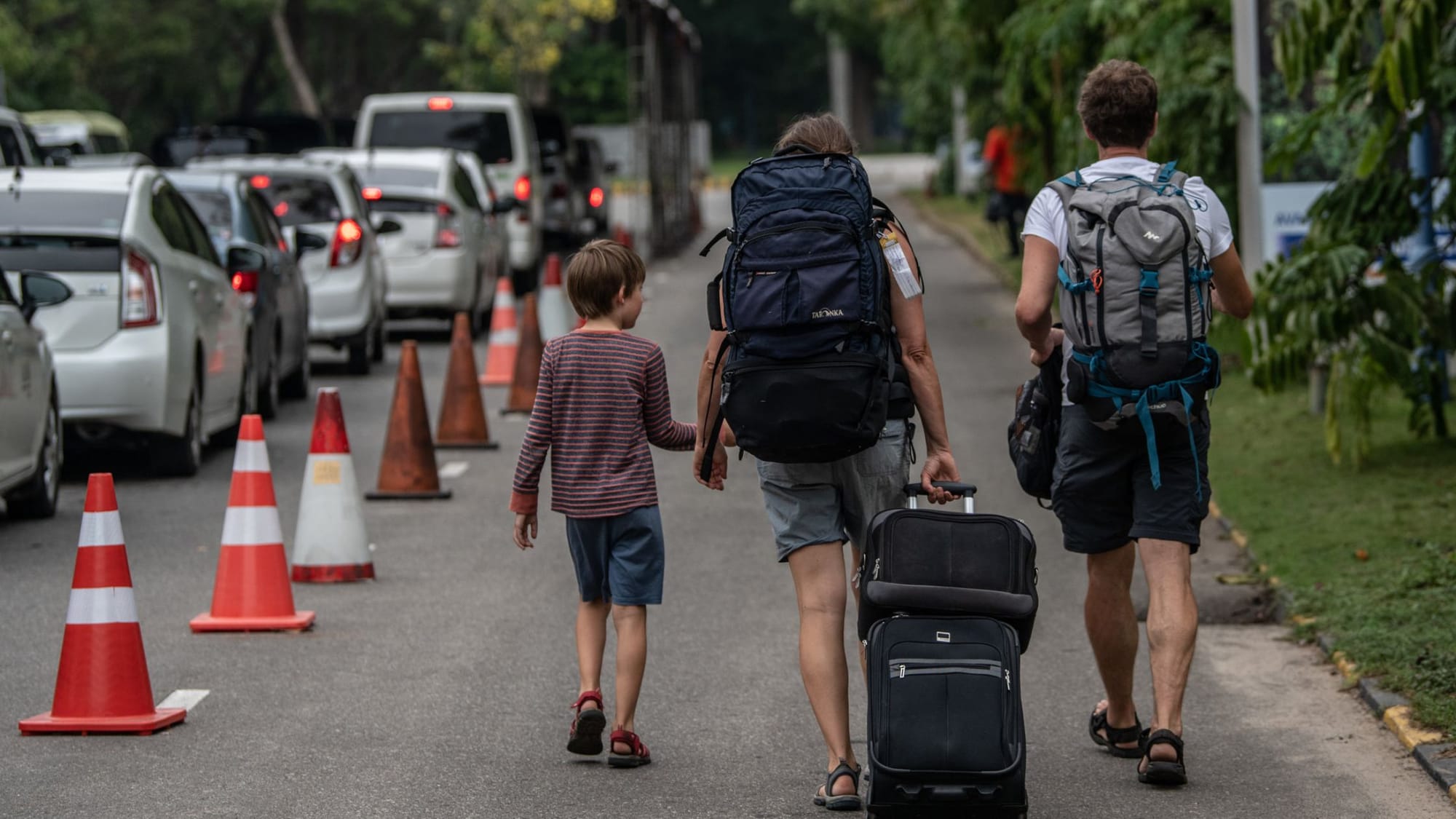
The Friendly Stranger Strategy
Tourism makes us social creatures. We crave local contact. Genuine contact.
Scammers know this.
They approach with friendly feelings. Perfect English. Local tidbits about your home town that make you lower your guard.
"I show you a secret temple," they vow. "My friend has a bar. Very local. You will love it."
Later, you're shuffled into overpriced shops. Guilt-tripped into buying trinkets. Fifty dollars for a two-dollar beer.
Your new "best friend" disappears with their money.
Listen to your intuition. Real friendships require more than thirty seconds. Real locals don't hustle tourists onto street corners.
The Physical Distraction Game
Montmartre in Paris. Spanish Steps in Rome. Times Square in New York.
Tourist magnets attract tourist hunters.
They use props. Flowers you didn't ask for. Bracelets clapped onto your wrist before you have a chance to say a word. Petitions for "good causes" that tug at your heartstrings.
While you're distracted by the interaction, their partner pockets your wallet. Your phone. Your sense of safety.
The counter-move doesn't have to be nice. Hands off. No, no, no. Walk away immediately.
Politeness is sweet. But not if it empties your wallet.
The Authority Figure Caper
Fake uniforms are one of the most potentially lethal capers.
Someone approaches you in what looks like a uniform. Claims he's a cop. Explains he needs to inspect your passport or your purse. Informs you he's searching for counterfeit cash or dope.
Your cash disappears into his pocket.
Real. Police. Do. Not. Random. Search. Tourists. On. The. Street. If someone decides to take charge, demand proper identification. Demand to be taken to an actual police station. Be obnoxious if they refuse.
Criminals count on your compliance with authority figures. Let them down.
The Closed Attraction Con
You arrive at the world-renowned temple. The can't-miss museum. The landmark you've always dreamed of visiting.
A helpful tuk-tuk driver shows up. "Closed today," he declares with a frowning face. "But I know a better place. More genuine. Fewer tourists."
You're in overpriced souvenir shops in an instant. Tourist traps designed to empty your wallet as the driver accumulates fat commissions.
Check opening hours on the web before leaving. If doubtful, approach the door yourself. Don't accept convenient excuses by individuals who profit from your shortcuts.
The Money Exchange Scam
Hustle markets are the perfect venues for sleight of hand.
You buy something simple. Pass them what you think is the correct bill. The vendor claims that you handed them the wrong denomination. Pulls out a smaller bill. Demands additional cash.
They have replaced your payment when you are distracted.
Count your money audibly. Get to know the local currency before you get there. Don't let vendors handle your cash until the transaction is complete.
Market energy is addictive. Remain aware despite it.
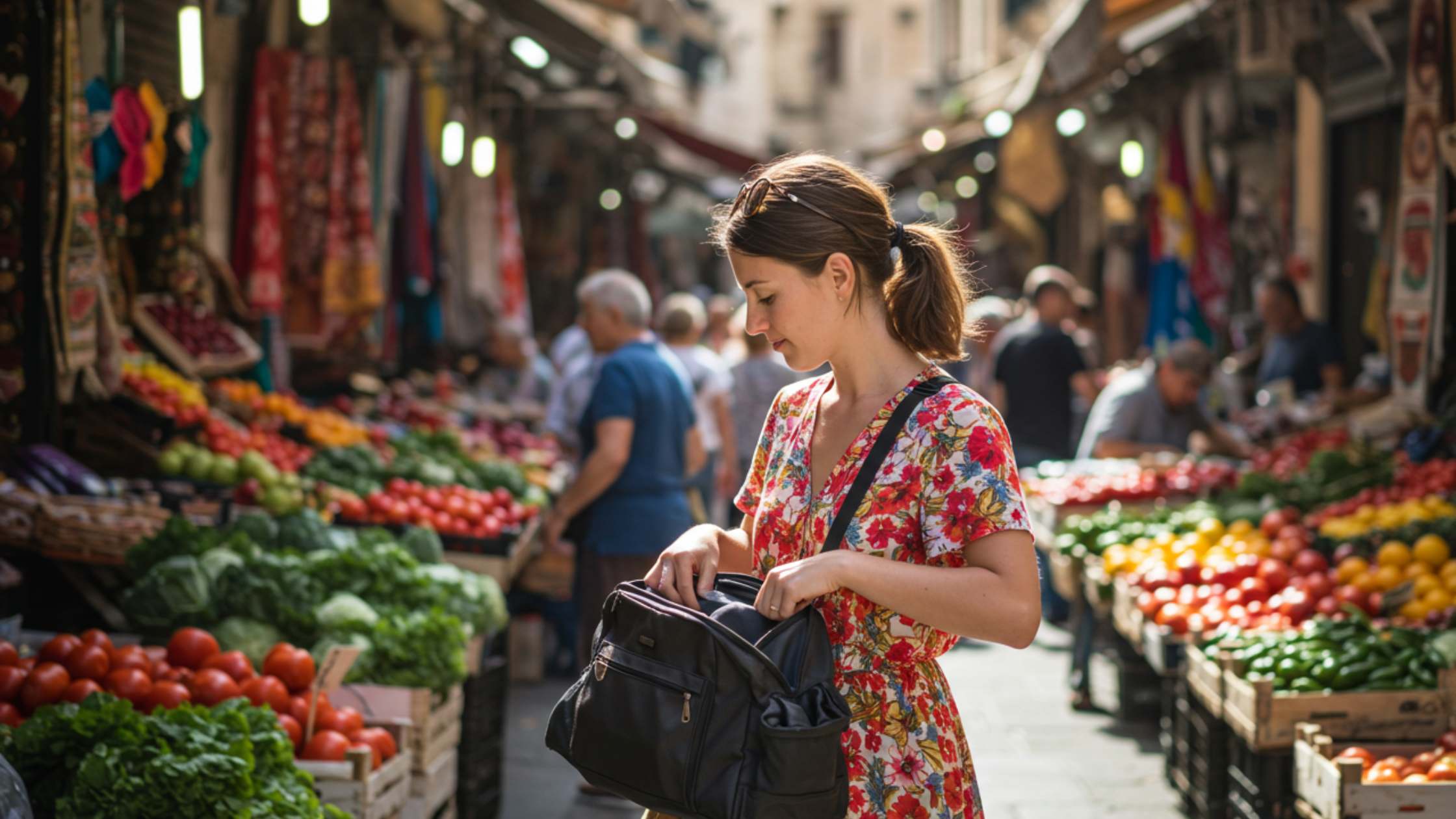
Protection Protocol
Smart travel isn't crazy travel. It's cautious travel.
Research common scams where you're headed. Every country has its own twist on these issues.
Secure your passport in your hotel safe when you're not in its presence. Carry only essential cash. Take the money belt or hidden pocket to hold emergency money and cards.
Most of all, trust your instincts. If it doesn't smell right, it probably isn't.
The vast majority of people you will meet while traveling are true. Friendly. Willing to share their culture with deserving travelers.
Scammers are the norm, not the exception.
Exceptions can however destroy whole holidays. Cost you thousands of dollars. Shatter your faith in mankind's generosity.
Don't let them.
Pack smart. Pay attention. Listen to your instincts.
The world is full of wonderful things to do, see, and experience. Vietnamese street food that'll blow your mind. Santorini sunsets that lead you to believe in magic. Strangers who become lifelong friends through conversation.
These are priceless over anything a scammer's fantasy.
Go live it all. Eat it all. Look at it all.
Just be mindful as you do it.
Safe travels.


